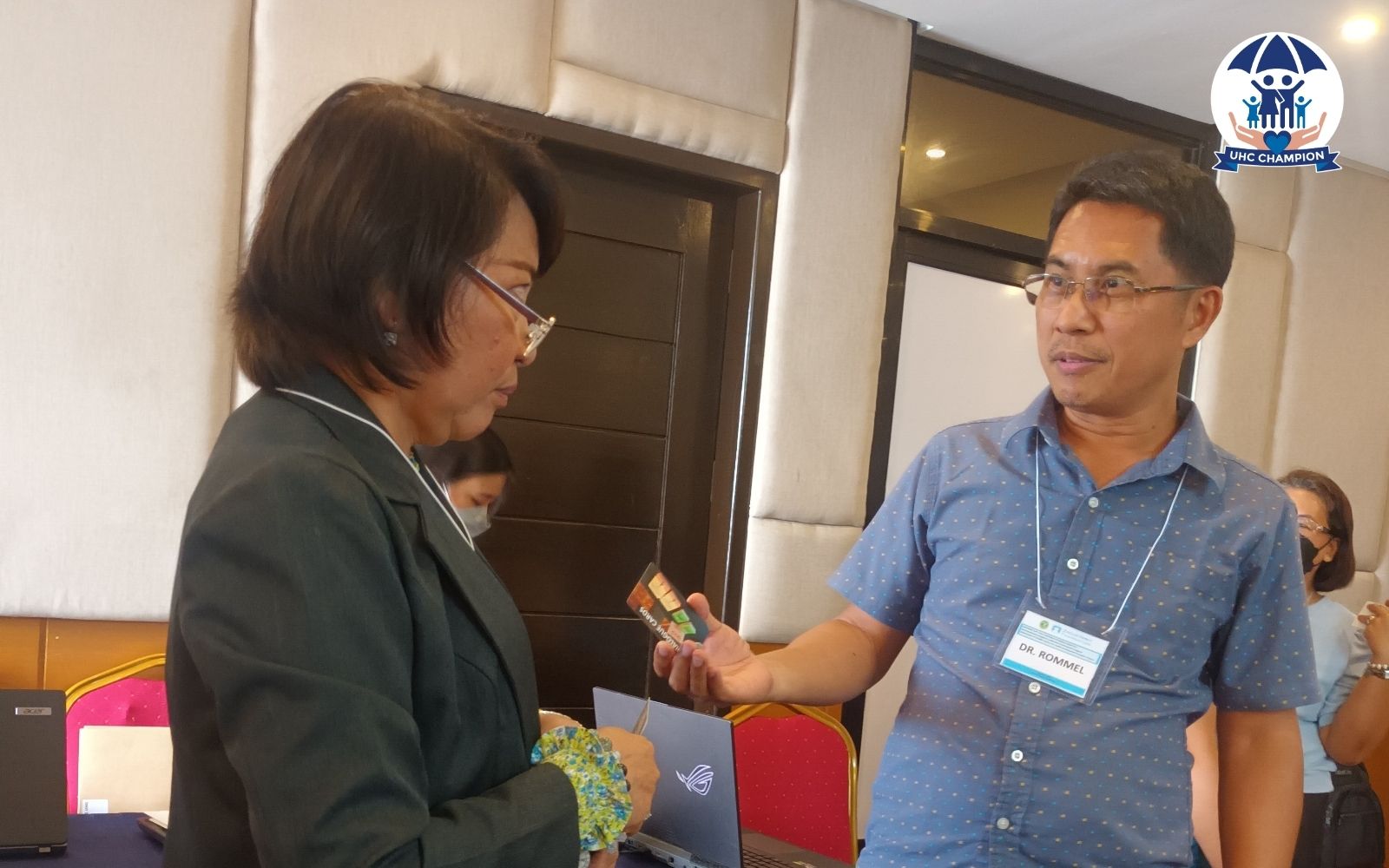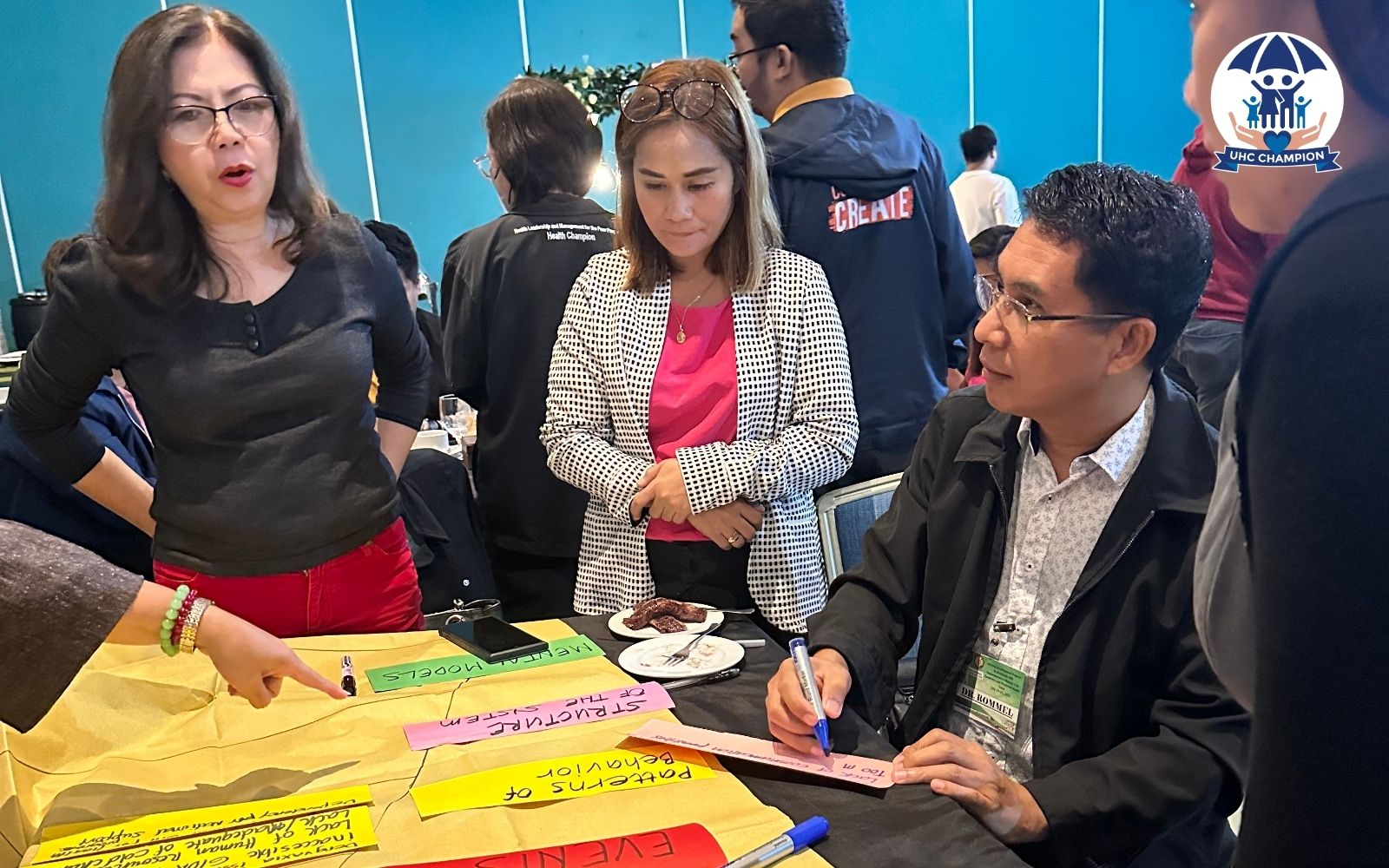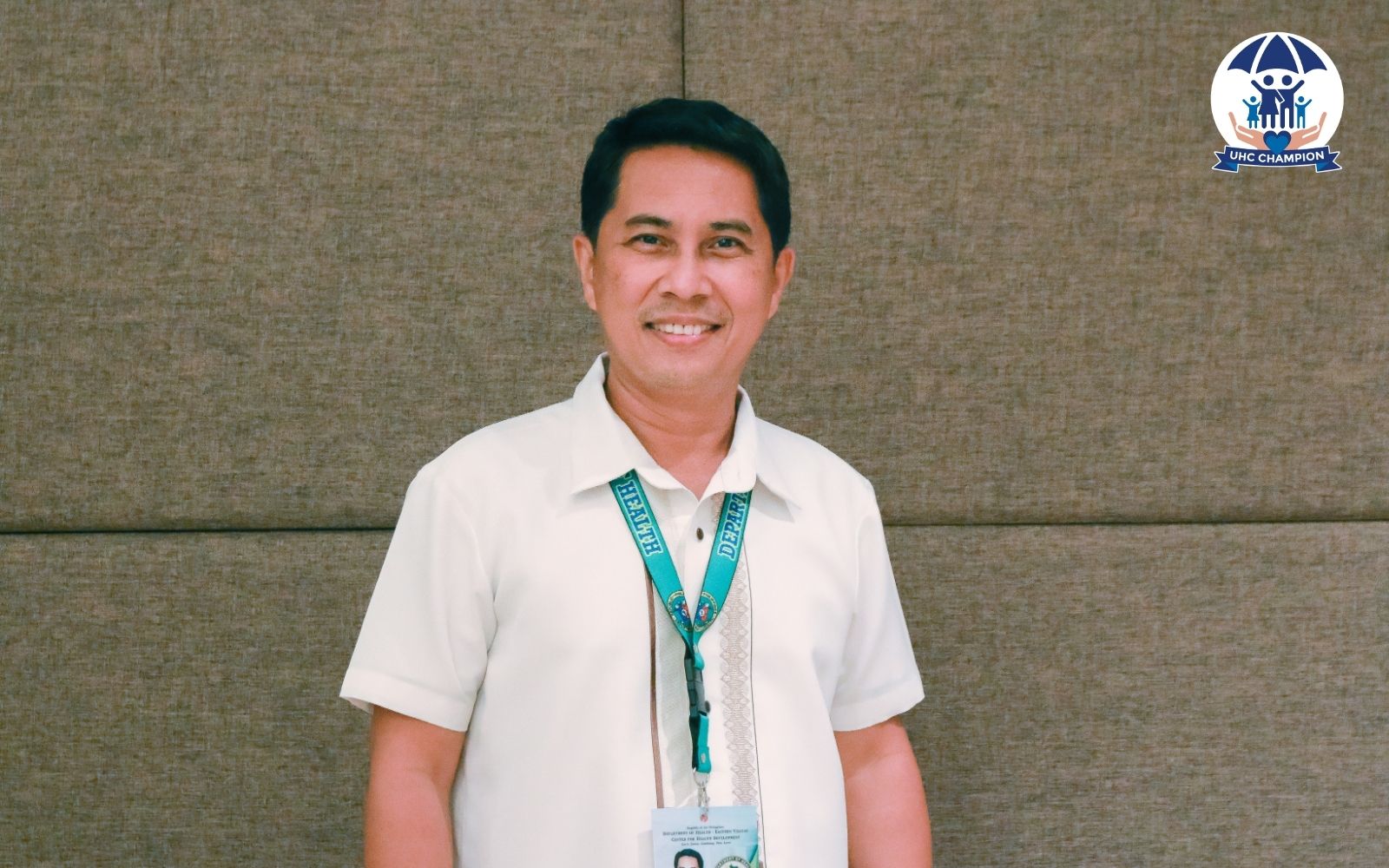From Island Boy to Public Health Hero: Dr. Rommel Francisco Gives Back to His Community
Stories

Growing up in Northern Samar, Dr. Rommel Francisco knew the hardships of accessing public healthcare all too well. Daily, he watched as simple health concerns were often made worse due to a lack of access to basic healthcare services. He vividly recalls the two-hour boat rides taken by residents across the sea to receive basic medical help.
In college, he felt drawn to community medicine. “One subject that caught my attention was preventive medicine, where we were exposed to a community and I felt the people’s needs. I remembered my childhood years, growing up in the island community, with no doctors.”
After completing his medical education, he heeded his father’s advice to return home and be of service to his community. Dr. Francisco joined the provincial hospital, where he confronted the dire need for enhanced healthcare services in impoverished areas. This realization guided his decision to focus on public health, where he believed he could make a significant impact. In 2002, he began serving as the Municipal Department of Health (DOH) Representative assigned to a geographically isolated and disadvantaged area (GIDAs) in Northern Samar. He was back to his roots and ready to work. “Doing community work, I felt the need of the people,” Dr. Francisco says. “When I joined DOH, focusing on public health, I said to myself, this is my passion.”

Initial Efforts and Pressing Health Concerns
The healthcare landscape in Northern Samar was transformed through collaborative efforts. In 2010, a partnership between Northern Samar, the Zuellig Family Foundation (ZFF), the Department of Health (DOH), and the Center for Health Development was initiated to address the pressing health issues in the province. This collaboration focused on empowering local government units (LGUs) and integrating ZFF’s frameworks into provincial health strategies.
“We realized that the health sector cannot solve all the public health challenges. Collaboration and strong partnerships are essential in addressing these issues and creating a healthier and more equitable society for all,” Dr. Francisco says. “Healthcare providers, government agencies, political leaders, NGOs, and the private sector must work together. Combining resources, expertise, and influence allows us to address the root causes of health inequity.” Over the years, this partnership has grown and evolved, playing a significant role in the province’s healthcare improvements.
In 2012, the province recorded the highest maternal mortality rate in the region, highlighting the urgent need for effective interventions. Dr. Francisco prioritized addressing these maternal health issues through strong collaborations and partnerships with health NGOs and private stakeholders.

Reducing Health Inequities through UHC
Dr. Francisco’s advocacy for the Universal Healthcare Law (UHC) led to significant changes in Northern Samar’s healthcare landscape. The UHC Law brought several impactful changes. Northern Samar’s healthcare transformed through an innovative approach and comprehensive training, significantly improving its health service delivery. The province has seen a decrease in maternal mortality and better access to healthcare services.
The province’s health workforce has also benefited from the UHC Law, with initiatives aimed at training and deploying health workers to underserved areas. This has been complemented by innovations in establishing a Medical Scholarship Unit in 2020 to support local students pursuing medical education.

Building Resilience, Giving Back
Dr. Francisco’s journey is not over. He envisions a fut ure where Northern Samar’s healthcare system is even more robust and accessible. His upcoming initiatives, such as enhancing the referral system and reducing the high costs of accessing healthcare services, are a testament to his unwavering commitment to continuous improvement. By the end of the year, he aims for 100% compliance with health standards and policies, a goal that inspires hope for a healthier future in Northern Samar.